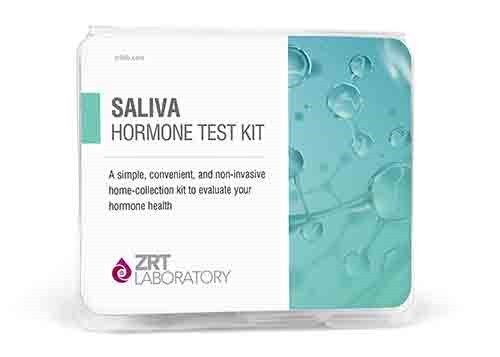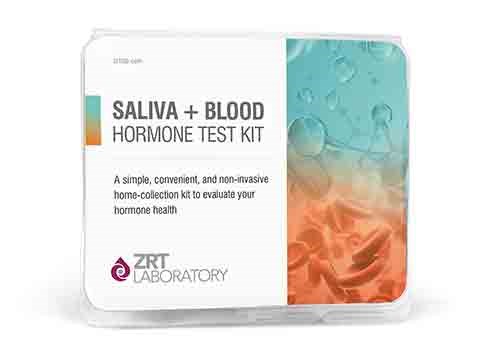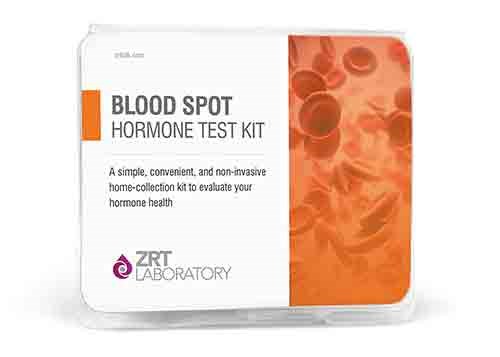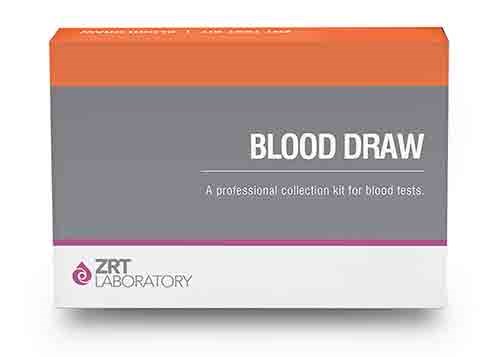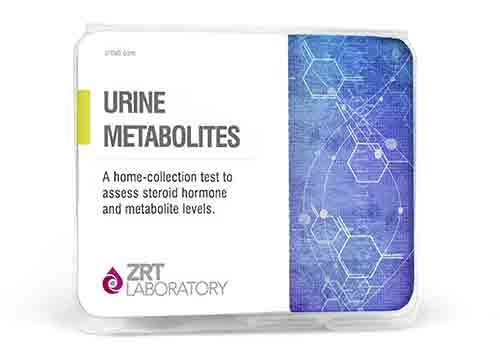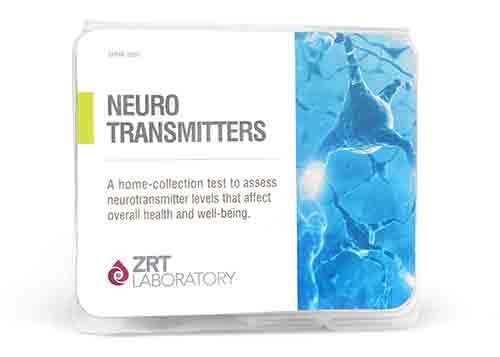MENOPAUSE
Since 1998, ZRT has tested the hormones of 1.25 million women around the world.
Menopause is not a single point in time when hormone production is switched off, but a gradual decline that brings an end to female fertility. During menopause, a woman’s levels of estrogen and progesterone diminish – leading to a lack of menstrual periods.
A woman is considered to be in menopause when she’s had no menstrual cycles for 12 months.
The right balance of hormones is vital to a woman’s health. But in menopause, when levels are dropping, a deficiency of one hormone can trigger a relative excess of another and result in common imbalances such as:
Results in mood swings, migraines, fat gain in hips and thighs
Triggers hot flashes, night sweats, palpitations, foggy thinking, memory lapse & vaginal dryness
Leads to decreases in bone or muscle mass, metabolism, energy, strength, stamina, exercise tolerance & libido
Results in insomnia, anxiety, sugar cravings, feeling tired but wired & increased belly fat
Causes chronic fatigue, low energy, food and sugar cravings, poor exercise tolerance or recovery & low immune reserves
Changes in estrogen and progesterone levels can impact neurotransmitter levels. For instance, a drop in estrogen can result in a drop in serotonin.
Changes in estrogen levels can lead to thyroid symptoms like slowed metabolism and always feeling cold. In fact, many women experiencing menopause will be diagnosed with hypothyroidism.
Sufficient levels of Vitamin D, estrogen and testosterone are important for maintaining bone health in the menopause years.
Recommended for Practitioners:
Recommended for Patients:
Webinar: Everything You Wanted to Know About Menopause
Handbook: Menopause & Your Health
Blog: Of Seahorses and Menopause
To restore the vital balance of hormones, we first need a detailed, accurate measurement of hormone levels. Not just numbers, but an assessment that offers real meaning.
Confused about when to test in saliva, blood, and urine? Click here to learn more.
ZRT Test Directory & Abbreviations
LCMS Saliva Steroid Reference Ranges
Dried Blood Spot Reference Ranges
LCMS Dried Blood Spot Reference Ranges
Urine Hormone Metabolites Reference Ranges
Neurotransmitter Reference Ranges
